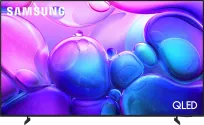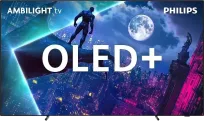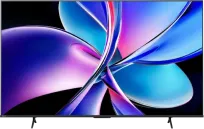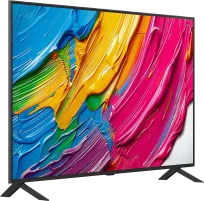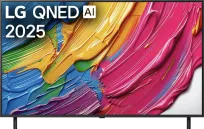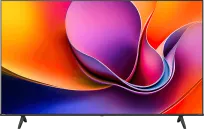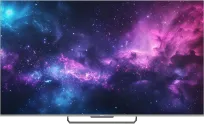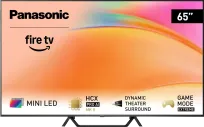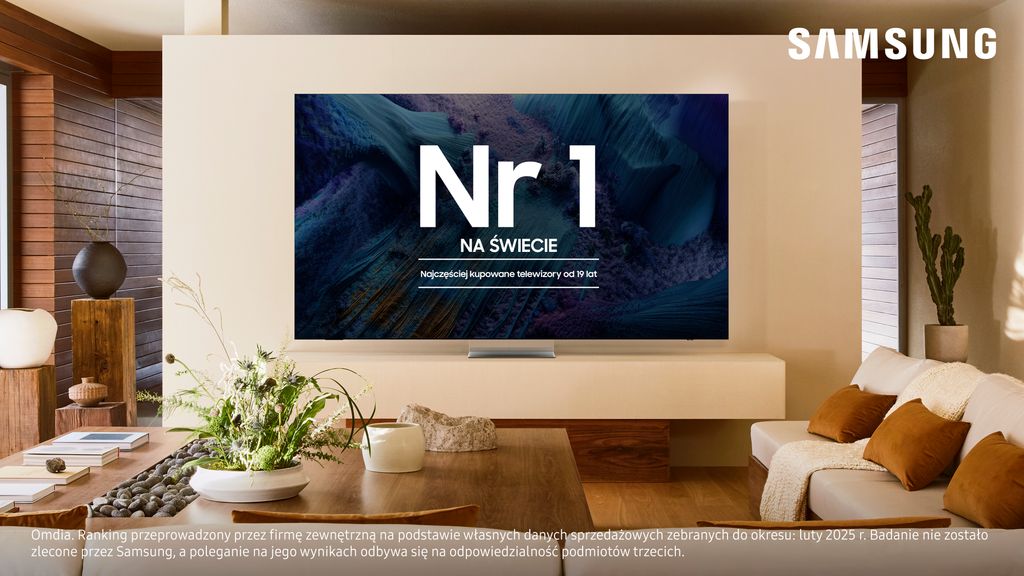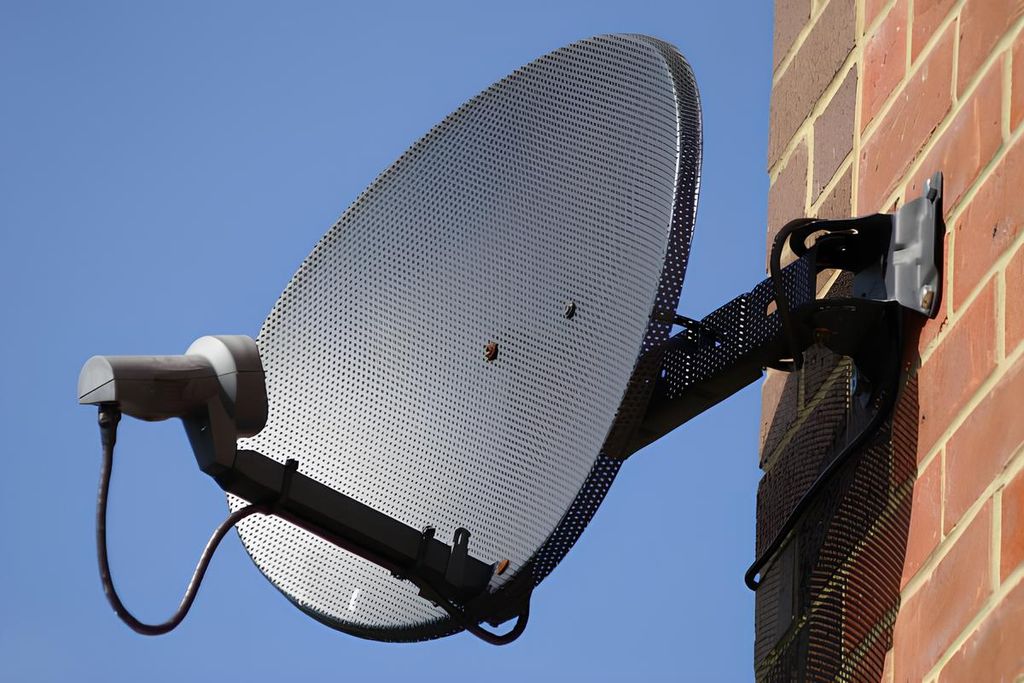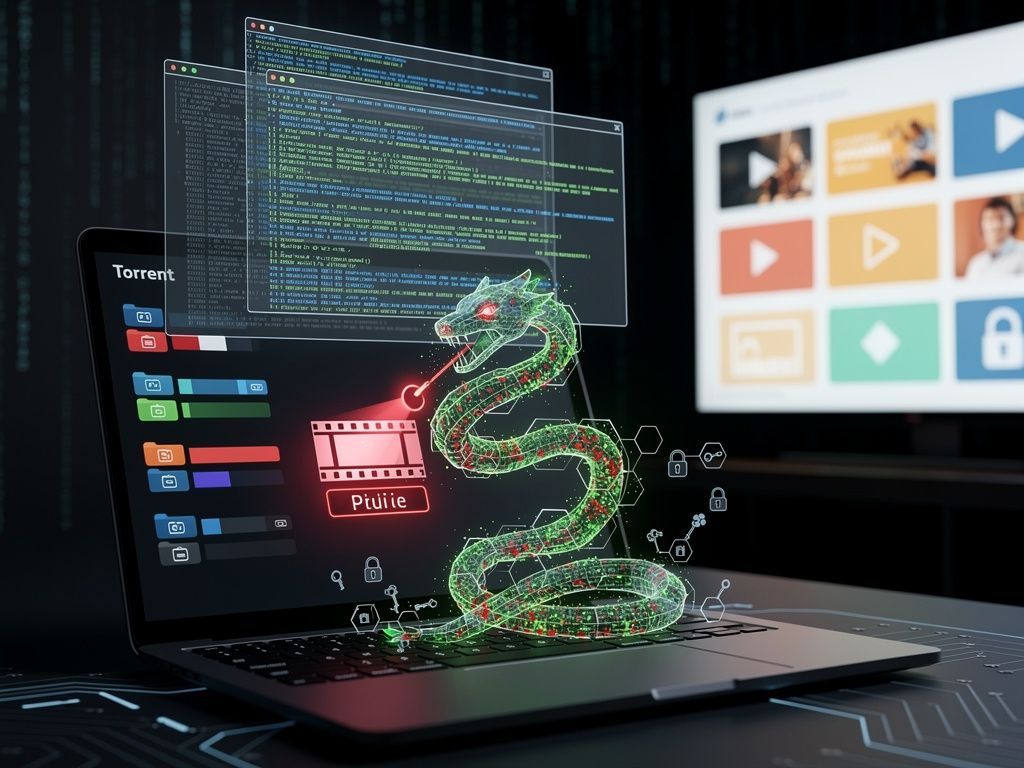
We have been wondering lately whether televisions will still be used solely for watching movies and series. However, it seems that by 2025 they will become much more versatile, mainly due to the rapid development of artificial intelligence. Google, LG, and Samsung are already announcing significant changes in this area.
Gemini – Google’s proposal for TCL, Hisense, and Sony
Google plans to introduce Gemini AI to TCL, Hisense, and Sony televisions by mid-2025. In practice, this means that we will be able to interact with our screens in a real way. The television will no longer just be limited to searching for movies by title—it will understand conversations conducted in normal language, suggest video content from YouTube, and answer various questions, such as news or travel planning issues.
We especially liked the vision of a "natural" dialogue with the television. If we wish, we can ask it for a recipe for healthy snacks for a movie, and in response, we will receive selected culinary suggestions along with links to recordings. An evening prepared in this way will surely take on a new character, especially when we turn on the "ambient hub" mode. In this mode, useful widgets, our photos, or calendar entries will be displayed on the screen. Much depends on whether the built-in motion sensor automatically recognizes our presence and activates the interface.
Microsoft Copilot on LG and Samsung TVs
At the same time, LG and Samsung plan to take a different path and implement the Copilot assistant, developed in collaboration with Microsoft. During the CES 2025 trade show, Samsung demonstrated a TV that will plan a whole day of sightseeing in Las Vegas, based on our preferences and presenting attraction suggestions in the form of interactive maps. It sounds impressive, although probably not all these features will be available in the first generation of devices.
LG plans to utilize Copilot in OLED TVs for 2025. Thanks to advanced Large Language Model (LLM) technology, it will be able to grasp the context of our questions and provide us with suitable movie or content recommendations, taking into account previous queries. We imagine that this way, it will be enough to say once that we like comedies from the 90s, and then ask about specific actors or trivia from the set without the need to "restart" the entire search.
Battle of the Giants and Benefits for Viewers
The competition between technological giants can only be beneficial for us, the viewers. Thanks to this, in 2025 we will have the choice of televisions with various approaches to artificial intelligence-based assistants. On one side – the Gemini system from Google, on the other – Microsoft’s Copilot supported by LG and Samsung. And after all, there is also Alexa from Amazon on the market.
If everything goes according to plan, televisions will become our personal assistants. Instead of typing on the on-screen keyboard, we will simply say: “Recommend us good crime series from recent years,” and we will immediately receive interesting suggestions from various platforms. Importantly, the assistant will also pay attention to available video materials, news broadcasts, or podcasts if it deems they might interest us.
Are we ready?
It seems that by 2025, the television will no longer be just a "window to the world" in the form of movies and series, but instead will become a true center for managing our free time and information. Of course, there will also be challenges related to privacy and the accuracy of responses provided by AI. Nevertheless, looking at the pace of technological development, we have a feeling that most of us will be eager to test new possibilities.
It is hard to imagine that in a few years, the lack of such integration will be something normal. So if we have the courage for experiments, we can expect that 2025 will bring us a lot of interesting experiences – and who knows, maybe it will initiate entirely new ways of using home electronics. After all, AI televisions are just the beginning of a bigger revolution.
On choose.tv we often check out new technologies in televisions, so we are wondering if you would like us to take a closer look at artificial intelligence features such as Gemini from Google or Copilot from Microsoft. Do these solutions actually make using the television easier? Or are they just marketing slogans? Let us know if you would like to see our review and test of these features in the latest models! We are waiting for your opinions.
 Katarzyna Petru
Katarzyna Petru